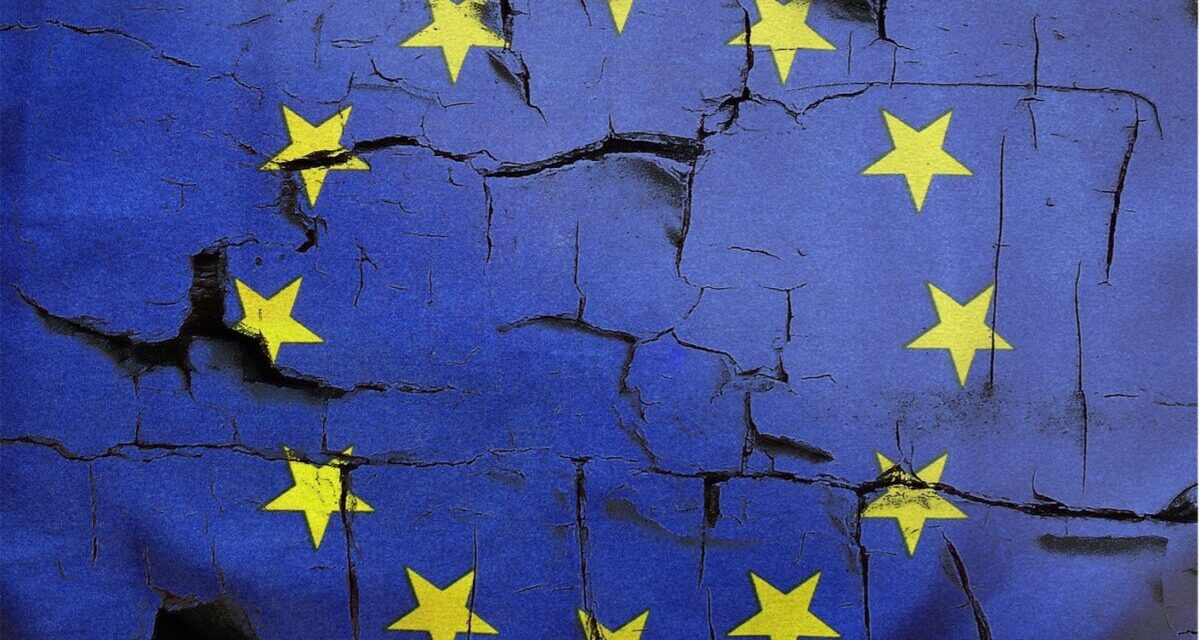"Nearly six months have passed since Putin launched his invasion of Ukraine, but the worst is yet to come for Europe," writes Ralph Schoellhammer, assistant professor of economics and political science at Webster University in Vienna, on UnHerd.
The article describes how European companies are already considering stopping production, including aluminum smelters in Slovakia and fertilizer manufacturers in the UK. Companies need to plan for the long term, and electricity futures (which in principle fix energy costs) for 2023 and 2024 are at an all-time high.
"In the foreseeable future, high energy costs will be the new normal, making everything from food to paper to chemicals more expensive.
In addition, it is not at all clear to what extent hot water, electricity and heating will be available in countries such as Germany, Austria, Italy or Hungary - or how the population will react if there is a real shortage in these areas. - writes the economist.
The author also points out that not all countries depend on Russia to the same extent, and this, he believes, is already leading to serious disputes.
"Ideally, the 27 member states would represent a united front and try to face the current energy crisis together. But in reality, none of that happens, and one way or another, it's up to each other."
- writes Ralph Schoellhammer.
The article mentions that the European Commission's proposal to cut gas consumption by 15 percent has met with fierce opposition from Portugal, Spain, Greece, Italy and others who are less dependent on Russian gas and feel compelled to compensate for the mistakes of others, especially Germany.
"The idea that any European government would "voluntarily" cause its constituents an energy crisis even greater than absolutely necessary is unrealistic.
The EU and its members are not the best when it comes to complying with binding rules (just remember the bailout clause during the global financial crisis of 2008-2010), so it is even less likely that a voluntary agreement would be effective" - writes the economist.
According to the article, due to the rampant inflation in the Eurozone, the ECB will be forced to raise interest rates, which will create conditions similar to those of 2010 and could plunge Southern Europe into another sovereign debt crisis.
According to the economist, Germany will probably again have to take the lead in keeping the eurozone together. However, the question is, will Berlin still have the resources to do this if its own economy is in recession?
"Germany's economic strength is declining, and as its industrial base weakens and its population grows poorer, its willingness to support the rest of the eurozone will be more limited.
This is not a recipe for stability, and it seems more likely that European solidarity is past its peak."
concludes the economist.
Featured Image: Facebook













